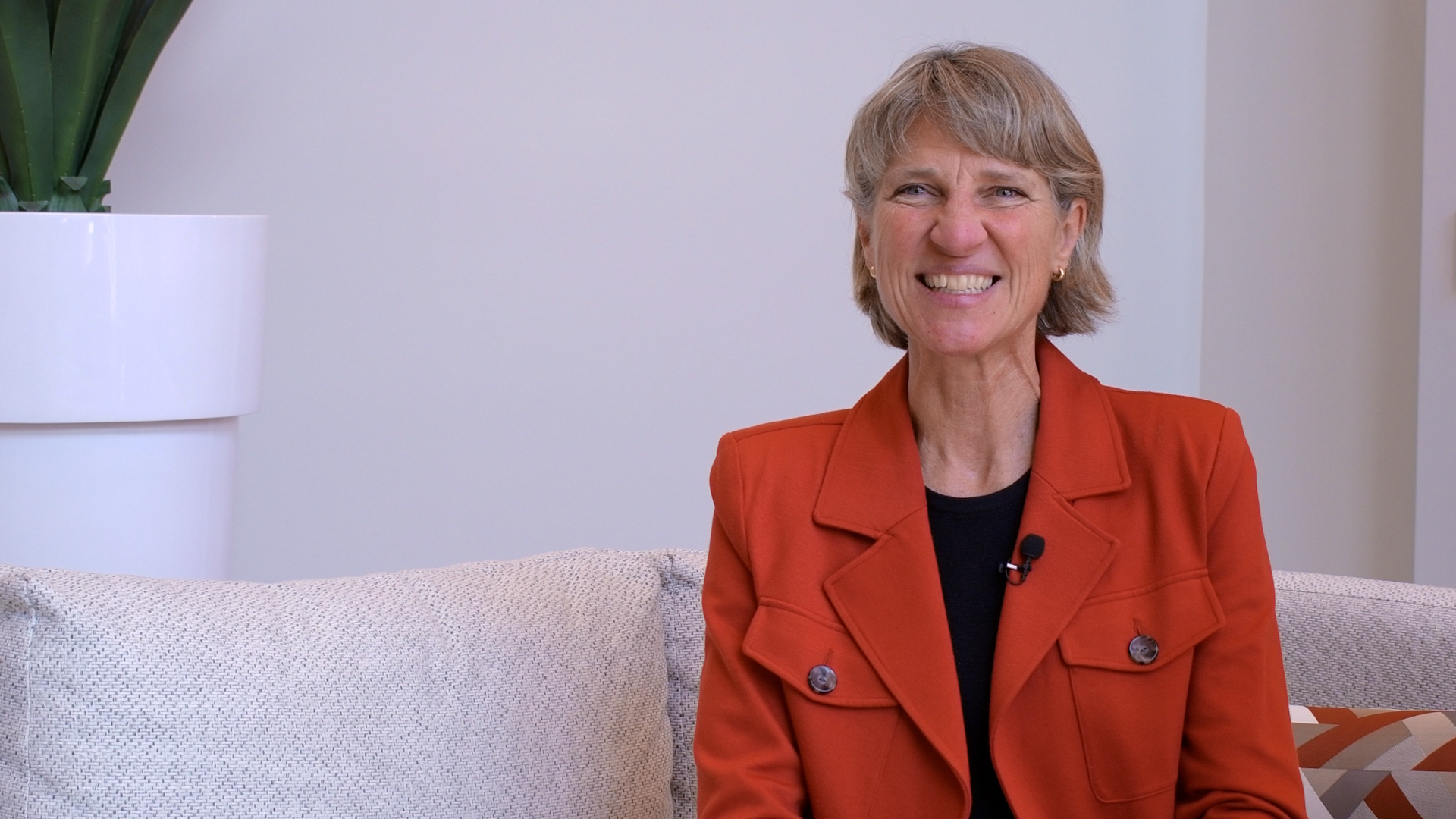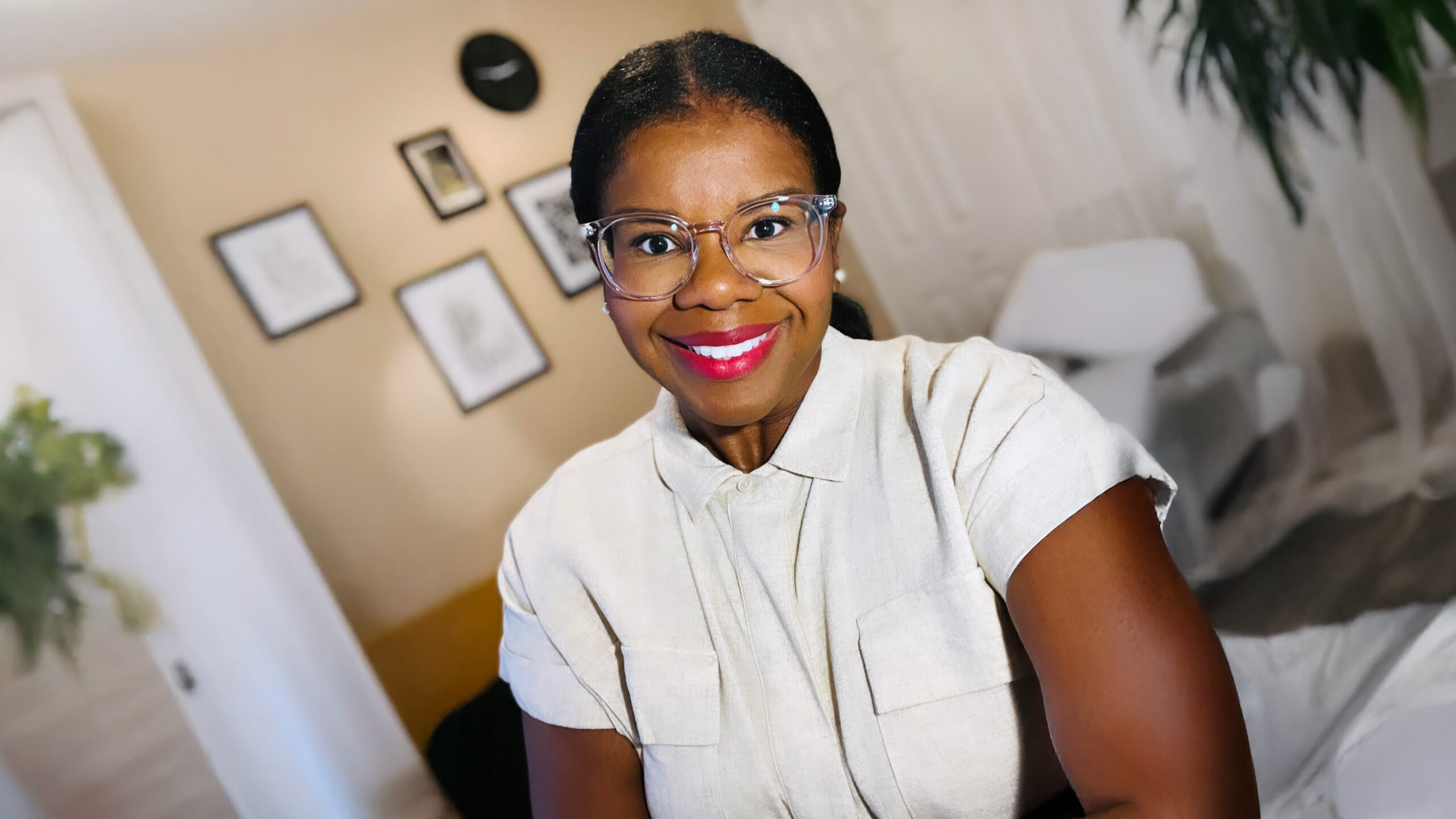Making Student Success a Global Effort
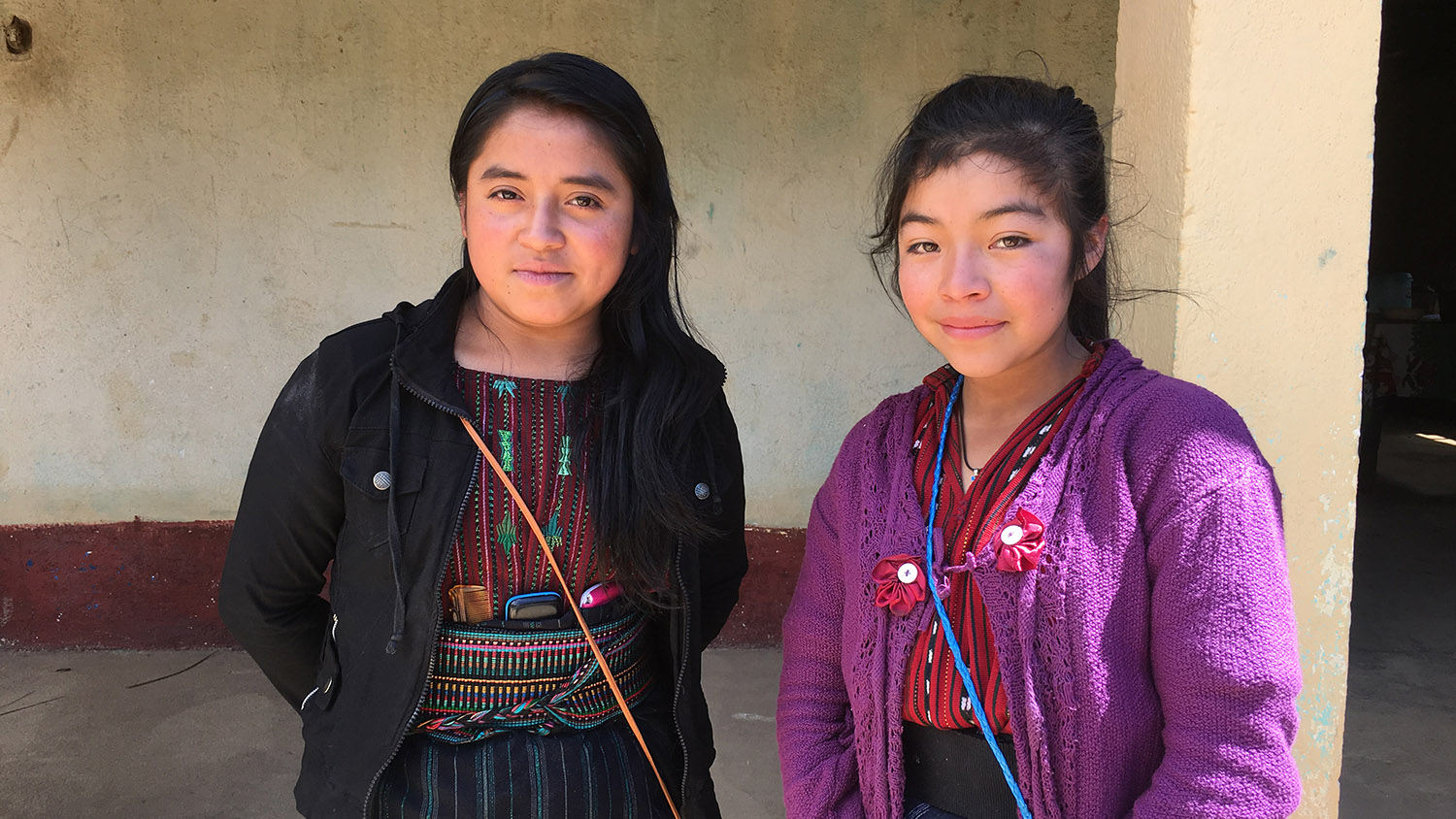
NC State’s College of Education strives to increase the success of students in North Carolina — and around the world. Jere Confrey works to fulfill this mission by integrating high-quality STEM education into the curriculum of a school for Mayan girls in Panajachel, Guatemala.
Confrey, the Joseph D. Moore Distinguished University Professor of Mathematics Education, works alongside two nonprofits — Teachers2Teachers (T2T) and Starfish Impact — to give young Guatemalan women that precious educational support. T2T supplies professional development to teachers around the world, while Starfish provides educational access and other opportunities to young women from disadvantaged, traditionally marginalized communities, including those in Guatemala.
“Together, we’re committed to working with local teachers to broaden their skills and to create more student-centered classrooms,” said Confrey, a 2017 American Educational Research Association Fellow — the first from NC State. “We collaborate with professional development coaches who empower these teachers to enrich the classroom experience and to rethink how they get students involved in learning.”
Educating Students
Education gives Mayan women the chance to pursue careers and support their families. In Guatemala, the government pays for a child’s education through sixth grade. After that, families must fund their children’s education, an option not affordable for many. Mayan girls often must stay at home once they finish sixth grade in order to care for the home and younger children.
Confrey, T2T and Starfish Impact hope to change the educational trajectory for many of those girls through the school in Panajachel.
“Starfish is working with the entire family to gain permission and support for the young women to continue their education and perhaps move on to higher education,” said Confrey. “They ask that these young women also make a commitment to stay in school and pursue advanced leadership, in order to sustain the program and strengthen their communities in the future.”
Currently, about 48 students attend the school (eventually 300 will attend), where they’re immersed in STEM concepts and collaborative, culture-based education. Teachers encourage students to talk about how to solve problems and what they learn from working together. This kind of engagement helps students gain a stronger grasp of STEM subjects and make more progress in those areas.
“Interestingly enough, in this school, math is the favorite subject, and it is because the class is very engaging,” said Becky Adams, director of operations for T2T and an NC State College of Education alumna. “When the young women gain this solid foundation, they develop a lifelong love of learning and gain access to futures and careers only available through advancing their education.”
Enriching Teachers
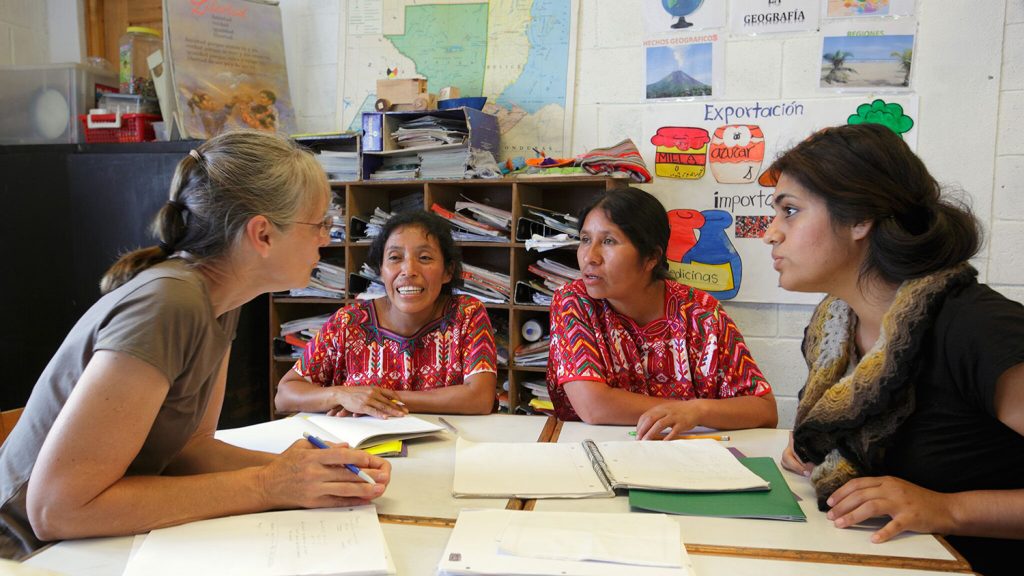
In order to provide more and better educational opportunities to Mayan young women, teachers must also receive education and professional development that fits their needs. T2T steps in to provide professional development where formal education leaves off.
“In Guatemala, a student decides to become a teacher in middle school, and then goes to a teaching-specific high school,” said Chadd McGlone, the organization’s co-founder and executive director, and an NC State College of Sciences alumnus. “At 17, teachers are put in front of a classroom with no further professional development. We want to find ways to strengthen these teachers through excellent professional development — they’re so passionate about education some of them travel two to three hours each way to their school.”
Confrey began her involvement in teacher professional development in Guatemala through a short-term trip to the country, where she advised a teacher coach at a center for STEM education in Antigua and Panajachel. Her continued partnership and research — in areas that include how students and teachers learn, and how students can build on mathematical concepts — help coaches work with teachers to the point where they can become go-to experts on certain subjects in their schools.
“The teachers we work with want to improve because they want more opportunities for their students,” said Confrey. “For example, we observed a teacher give a lesson on decimals and the students were very engaged, but there was one part of the lesson she was having trouble with. So she came to us to ask questions, and was determined to figure out how the best way to think through the lesson. When she gave the lesson again the students were even more engaged and really got it. That’s the best kind of interaction with teachers, when they guide the inquiry and put together solutions to best serve these young women.”
Additionally, T2T and Starfish Impact want to continue to work with Confrey to explore the use of technology and diagnostic assessments in classrooms that improve outcomes for teachers and students. Students can use software to complete math assignments that will let them know how much progress they are making toward learning goals.
Partners will work together to translate related tests and diagnostic tools into Spanish. These efforts will ensure that the young Mayan women make steady progress through their educational careers. Through the further integration of technology in the classroom, students will also receive the education and skills necessary for entry into STEM careers.
What’s Next
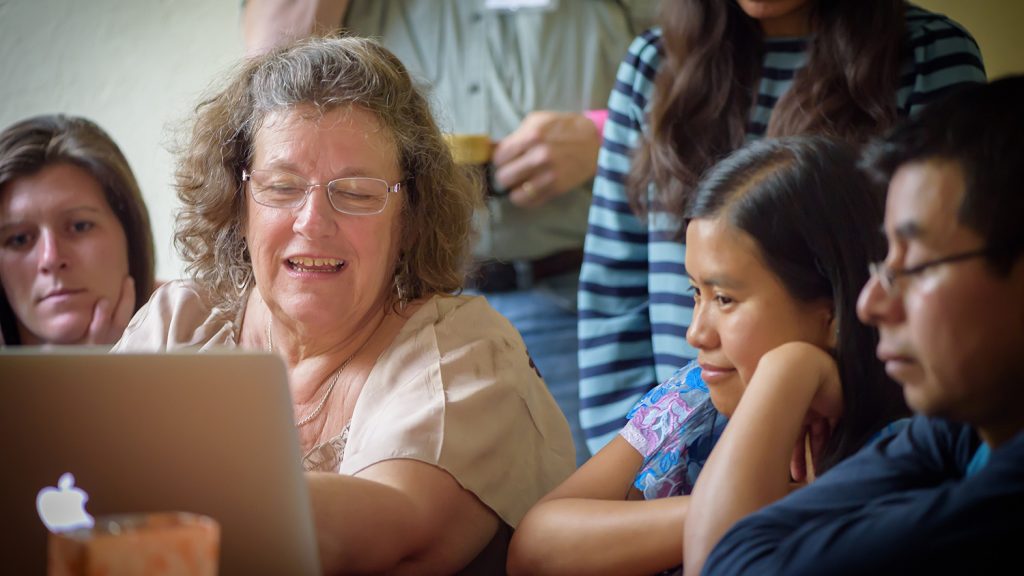
Confrey will continue to travel to Guatemala and work with T2T and Starfish Impact to support the middle school for young Mayan women. The partners will help with coaching teachers to build content knowledge and pedagogy, and to become subject experts and peer leaders who will create engaging, student-centered classrooms. Confrey also hopes to assist in developing further learning trajectories and diagnostics to assess and advise progress in STEM education.
“We want to take the knowledge, technology and tools that we have now and scale them up to become catalysts of change in places where people have fewer opportunities and resources,” said Confrey. “Utilizing this partnership and figuring out best practices for teacher professional development and education is very important. The teachers we’re working with are true change agents and we want to support them to help students succeed.”
- Categories:
